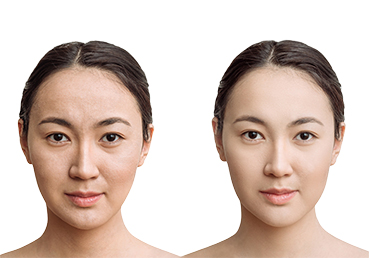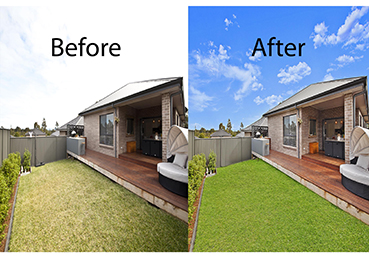At Pixc Retouch, we believe that every photograph tells a story—a story worth preserving for future generations. By entrusting your photographs to us, you’re not just restoring faded ink and paper; you’re preserving a piece of your family’s history, ensuring that it will be cherished and enjoyed for years to come. Whether it’s a vintage wedding portrait, a faded family snapshot, or a cherished heirloom, we’re here to help you rediscover your memories and celebrate the moments that matter most.
What is a Photo Restoration Service?
Photo restoration service is a process that involves repairing and enhancing old, damaged, or deteriorated photographs to restore them to their original condition or even improve their quality. Here are some common tasks involved in photo restoration:
- Repairing Damage: Fixing tears, scratches, and creases in photos.
- Color Correction: Adjusting faded colors and restoring original hues.
- Removing Blemishes: Eliminating stains, spots, and mold damage.
- Reconstructing Missing Parts: Rebuilding missing or damaged sections of the photo.
- Sharpening and Enhancing: Improving the clarity and detail of the image.
- Background Restoration: Repairing or replacing damaged backgrounds.
The goal of photo restoration is to preserve memories and maintain the integrity of historical and sentimental photographs. This service is commonly used for family heirlooms, historical archives, and important personal memories.
Professional Photo Restoration Services & Restore Old Pictures
Services Offered
- Damage Repair:
- Tears and Rips: Seamlessly mending torn photographs.
- Scratches and Spots: Removing surface damage and blemishes.
- Water Damage: Correcting areas affected by water stains or mold.
- Color Correction and Enhancement:
- Faded Colors: Reviving faded hues to their original vibrancy.
- Exposure Adjustment: Balancing brightness and contrast to improve overall image quality.
- Detail Restoration:
- Sharpening: Enhancing the clarity of blurred or out-of-focus areas.
- Reconstruction: Rebuilding missing or heavily damaged parts of the photo.
- Background Restoration:
- Cleanup: Removing unwanted elements and distractions from the background.
- Recreation: Reconstructing or replacing damaged backgrounds while maintaining authenticity.
- Photo Retouching:
- Facial Features: Smoothing wrinkles and blemishes while keeping natural appearance.
- Clothing and Accessories: Repairing and enhancing details in clothing and accessories.
- Digital Archiving:
- Scanning: High-resolution scanning of original photos for preservation.
- Digital Copies: Providing digital versions of restored photos for easy sharing and storage.
Benefits
- Preservation of Memories: Safeguarding important personal and historical photographs for future generations.
- Enhanced Quality: Improving the visual appeal and clarity of old photos.
- Customization: Tailoring the restoration process to meet specific needs and preferences.
- Professional Expertise
Choosing a Professional Service
When selecting a professional photo restoration service, consider the following factors:
- Experience and Portfolio: Look for a service with a proven track record and examples of their work.
- Technology and Techniques: Ensure they use advanced digital tools and techniques.
- Turnaround Time: Inquire about the time required to complete the restoration.
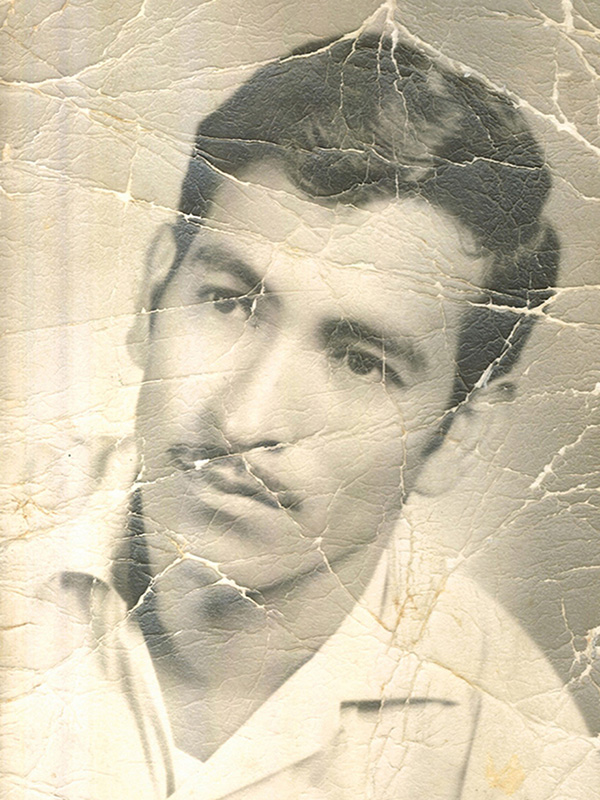
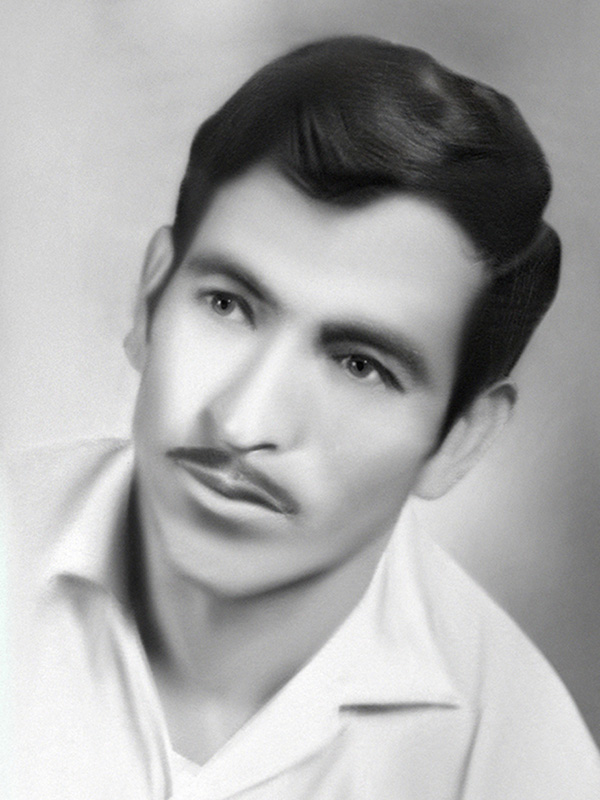
Vintage and Black & White Photo Restoration
Restoring vintage and black & white photos involves specialized techniques to revive the original quality and preserve the historical value of these images. Here’s a detailed overview of the process and what to expect from professional services:
Vintage Photo Restoration
Restoration Techniques:
- Color Correction
- Detail Enhancement
- Texture Recreation
Black & White Photo Restoration
Restoration Techniques:
- Contrast Adjustment
- Grayscale Balancing
- Damage Repair
Benefits of Professional Restoration
- Historical Preservation
- Quality Improvement
- Emotional Value
Damaged Photo Restoration
Restoring damaged photos requires careful attention to detail and the use of advanced digital tools to repair and enhance the image. Here’s a comprehensive guide on how professionals approach the restoration of damaged photos:
Common Types of Damage
- Physical Damage
- Environmental Damage
- Surface Blemishes
Restoration Techniques
- Scanning
- Damage Repair
- Color Correction
- Detail Enhancement
- Surface Cleaning
Benefits of Professional Restoration
- Preservation of Memories
- Improved Quality
- Historical Preservation
- Digital Archiving
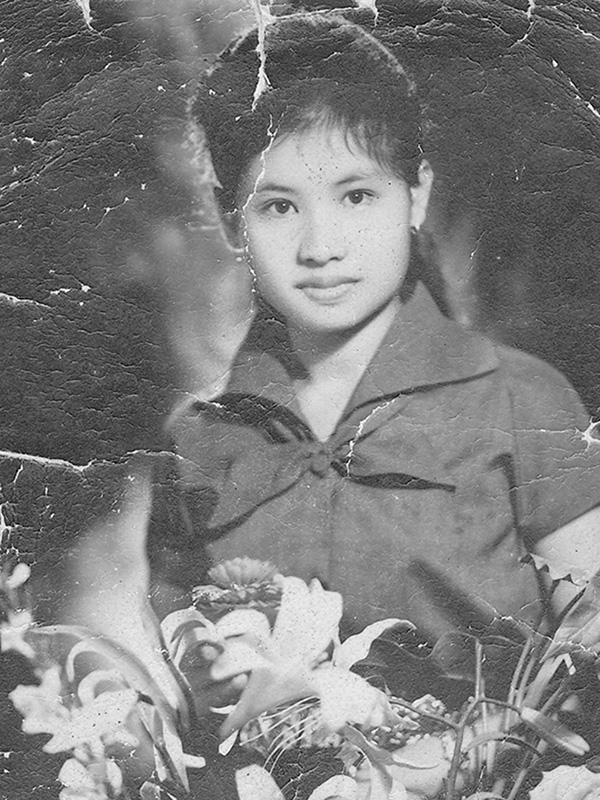
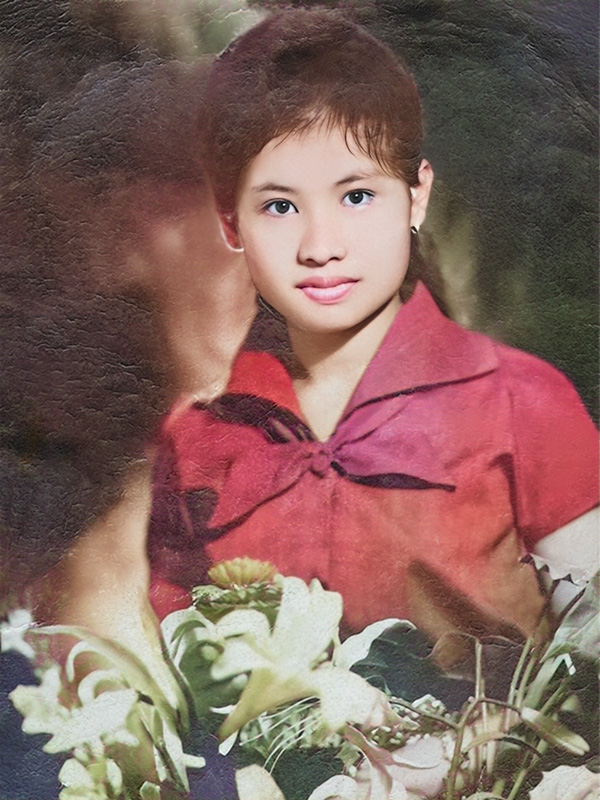
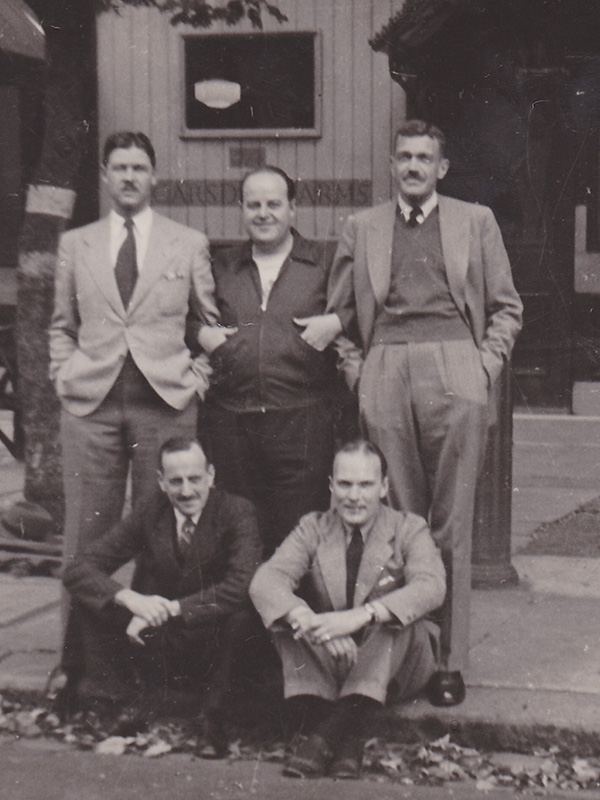
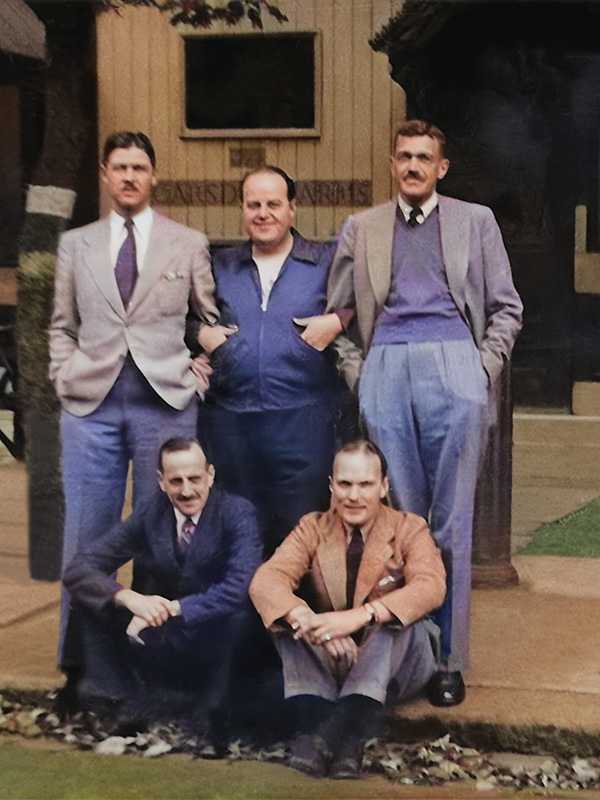
Sharpening Old Photos
Photo sharpening aims to enhance the edges and fine details in an image to make it appear clearer and more defined. This process is particularly useful for old photos that may have become blurry or lost detail over time due to degradation or poor original quality.
Techniques for Sharpening Old Photos
- High-Resolution Scanning:
- Initial Step
- Using Sharpening Filters:
- Unsharp Mask
- Smart Sharpen
- High Pass Filter
- Adjusting Levels and Curves
- Contrast Enhancement
- Midtone Adjustments
- Noise Reduction:
- Before Sharpening
- Selective Noise Reduction
- Selective Sharpening
Repairing Mold Damage
Repairing mold damage in photographs is a specialized aspect of photo restoration that requires careful attention to detail. Mold can cause significant damage to photos, leading to stains, discoloration, and deterioration of the image. Here’s a comprehensive guide on how professionals repair mold-damaged photos:
Digital Restoration Techniques
Scanning:
- High-Resolution Scanning
Mold Removal:
- Clone Stamp and Healing Brush
- Spot Healing Brush
Color Correction:
- Adjusting Hue and Saturation
- Levels and Curves Adjustment
Detail Reconstruction
- Rebuilding Damaged Areas
- Texture Recreation
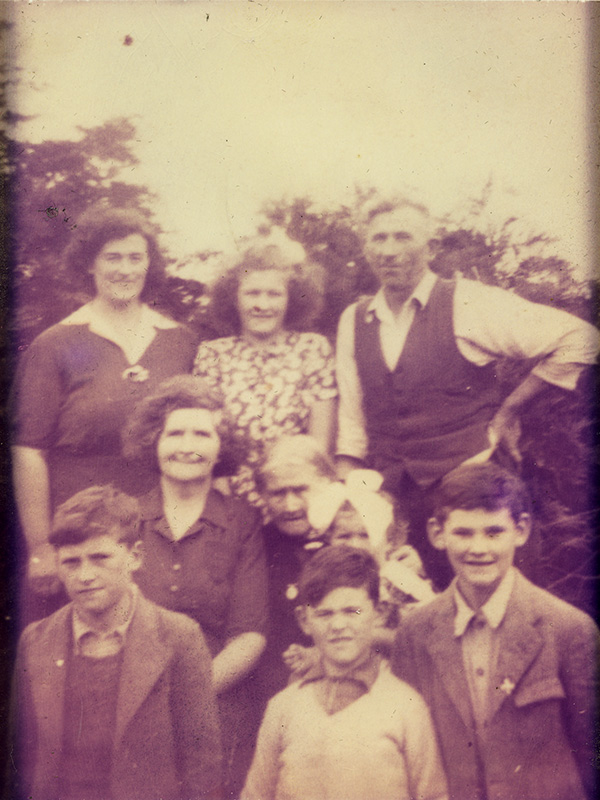
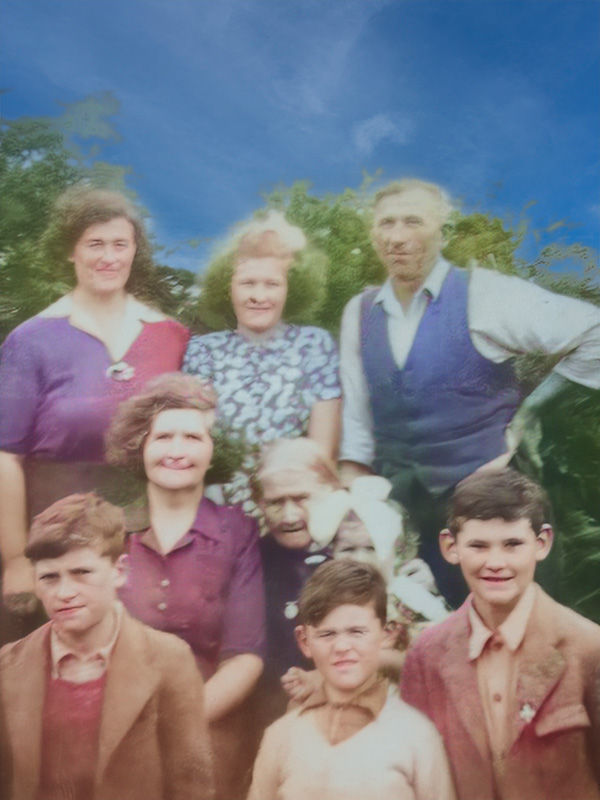
The Benefits of Image Restoration
Image restoration offers numerous benefits, making it a valuable service for both personal and professional purposes. Here’s a detailed look at the key advantages of image restoration:
Preservation of Memories
- Family Heirlooms: Restoring old family photos helps preserve cherished memories and heritage for future generations.
- Sentimental Value: Repairing damaged images can rekindle fond memories and emotional connections to past events and loved ones.
Enhancement of Image Quality
- Improved Clarity: Restoration techniques can enhance the sharpness and detail of old or damaged photos, making them look clearer and more defined.
- Color Correction: Adjusting and reviving faded colors can bring photos back to their original vibrancy, making them more visually appealing.
Historical Preservation
- Archival Quality: Restoring historical photos preserves important cultural and historical records, ensuring they remain accessible for future study and appreciation.
- Documentation: High-quality restored images can serve as valuable documentation for historical research, exhibitions, and publications.
Protection Against Further Damage
- Digital Copies: Creating digital versions of restored photos ensures they are protected from physical damage and deterioration over time.
- Backup and Sharing: Digital images can be easily backed up and shared with family, friends, or colleagues, ensuring they are preserved and enjoyed by a wider audience.
Aesthetic Improvement
- Removing Imperfections: Repairing tears, scratches, stains, and other imperfections enhances the overall aesthetic of the photo.
- Reconstruction: Rebuilding missing parts or heavily damaged areas can restore the image to its original composition, making it look as good as new.
Professional and Commercial Use
- Marketing and Branding: High-quality images are essential for marketing and branding purposes. Restored images can enhance the visual appeal of promotional materials.
Product Photography: Restored images can improve the presentation of products, making them more attractive to potential customers
OUR POPULAR SERVICES
Get 1 photo editing service for Free
FREE TRIAL NOW
Have your image back within 24 hours
Order your edits
What services do you need today?
Files Upload
You Can Upload Multiple Image
Write your preferences
write more detail information that you need
-
services
-
Upload Your Images For Free Trial
-
Set preferences
Our services
Upload Your Images For Free Trial
Files Upload
Max. size: 1.0 GB
Set your preferences
Upload any supporting files (optional)
Max. size: 1.0 GB
Do you require image resizing?
file format
Some required Fields are empty
Please check the highlighted fields.
What services do you need today?
You Can Upload Multiple Image
write more detail information that you need
- services
- Upload Your Images For Free Trial
- Set preferences
Max. size: 1.0 GB
Max. size: 1.0 GB
Please check the highlighted fields.

